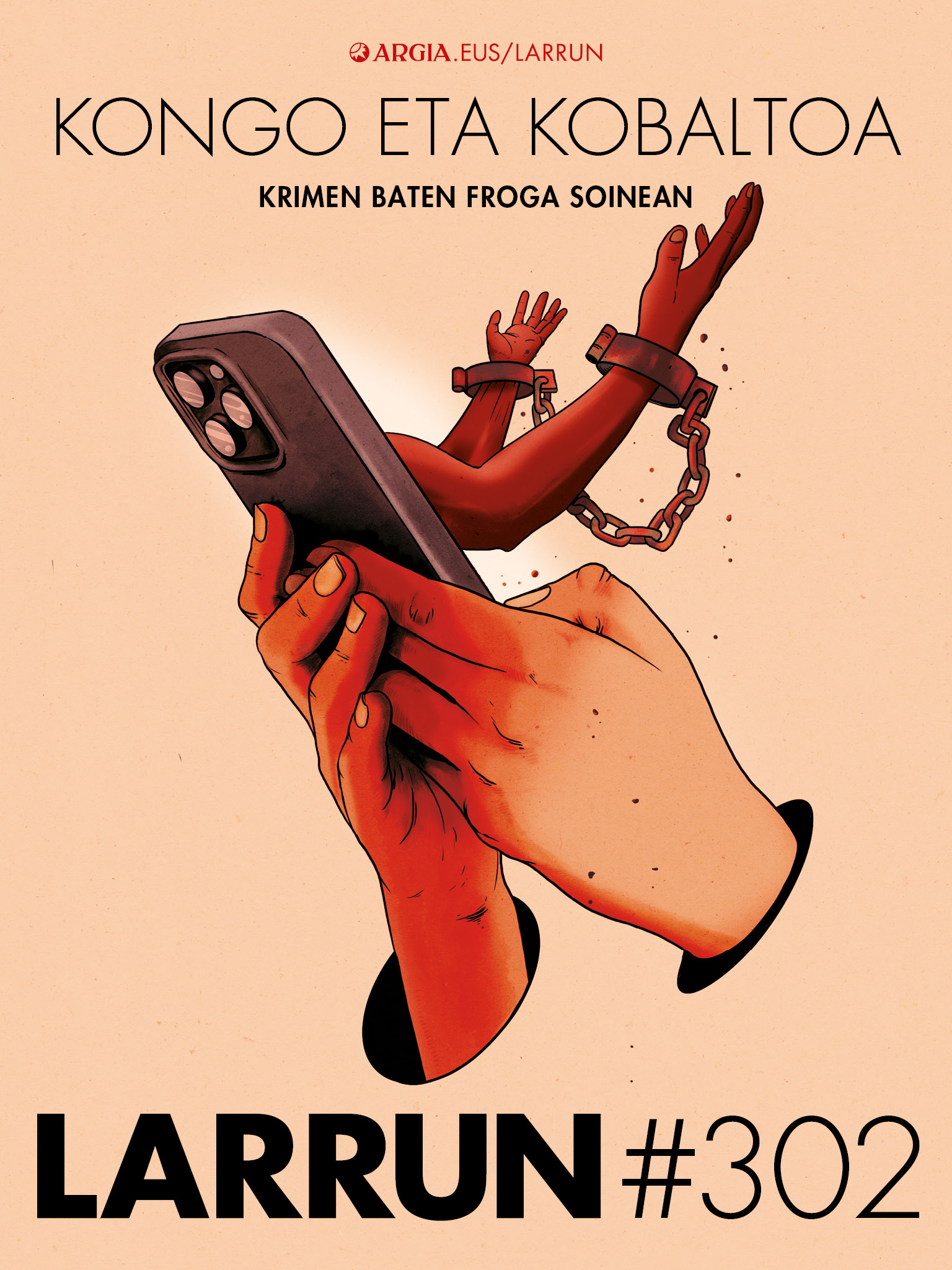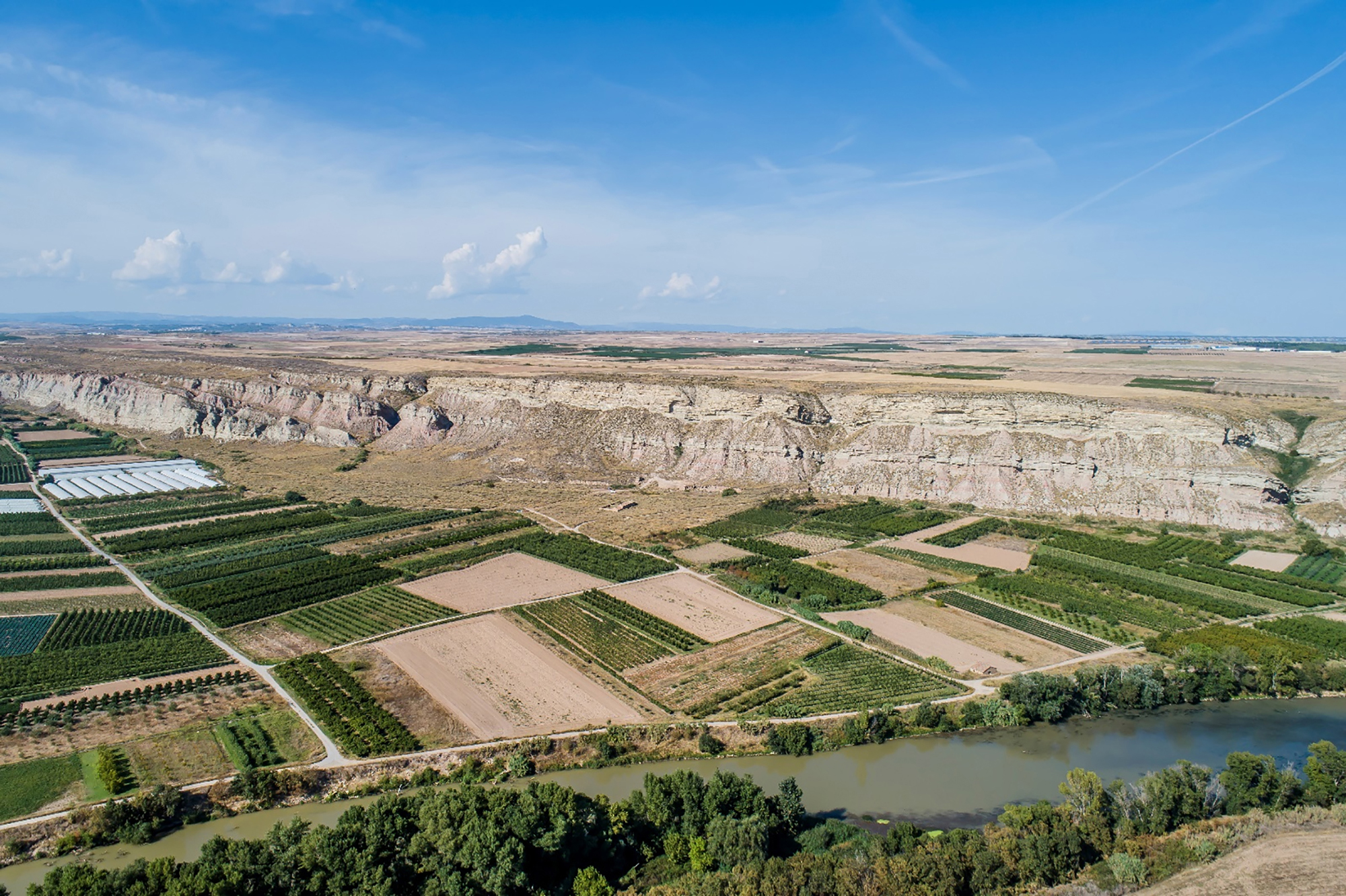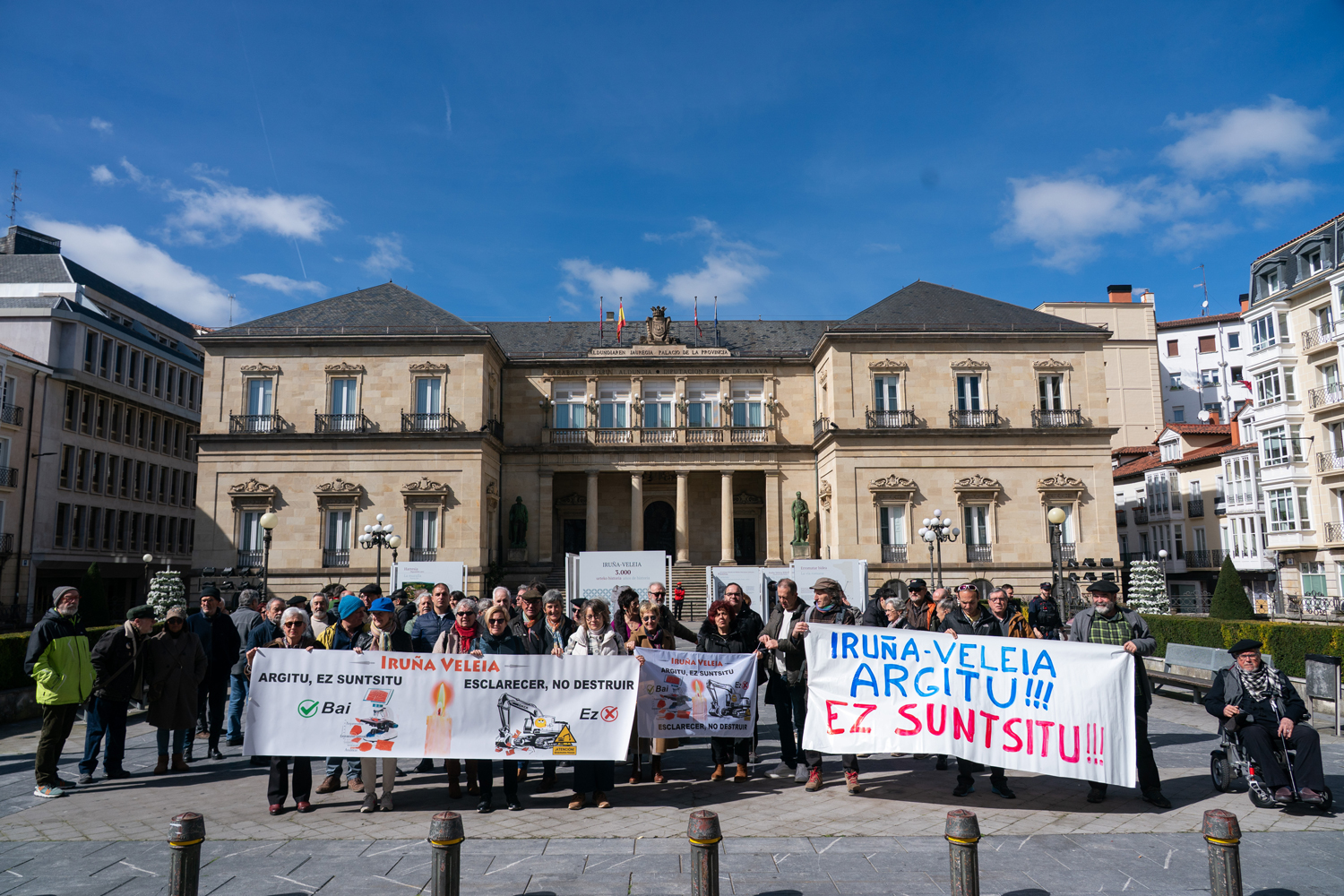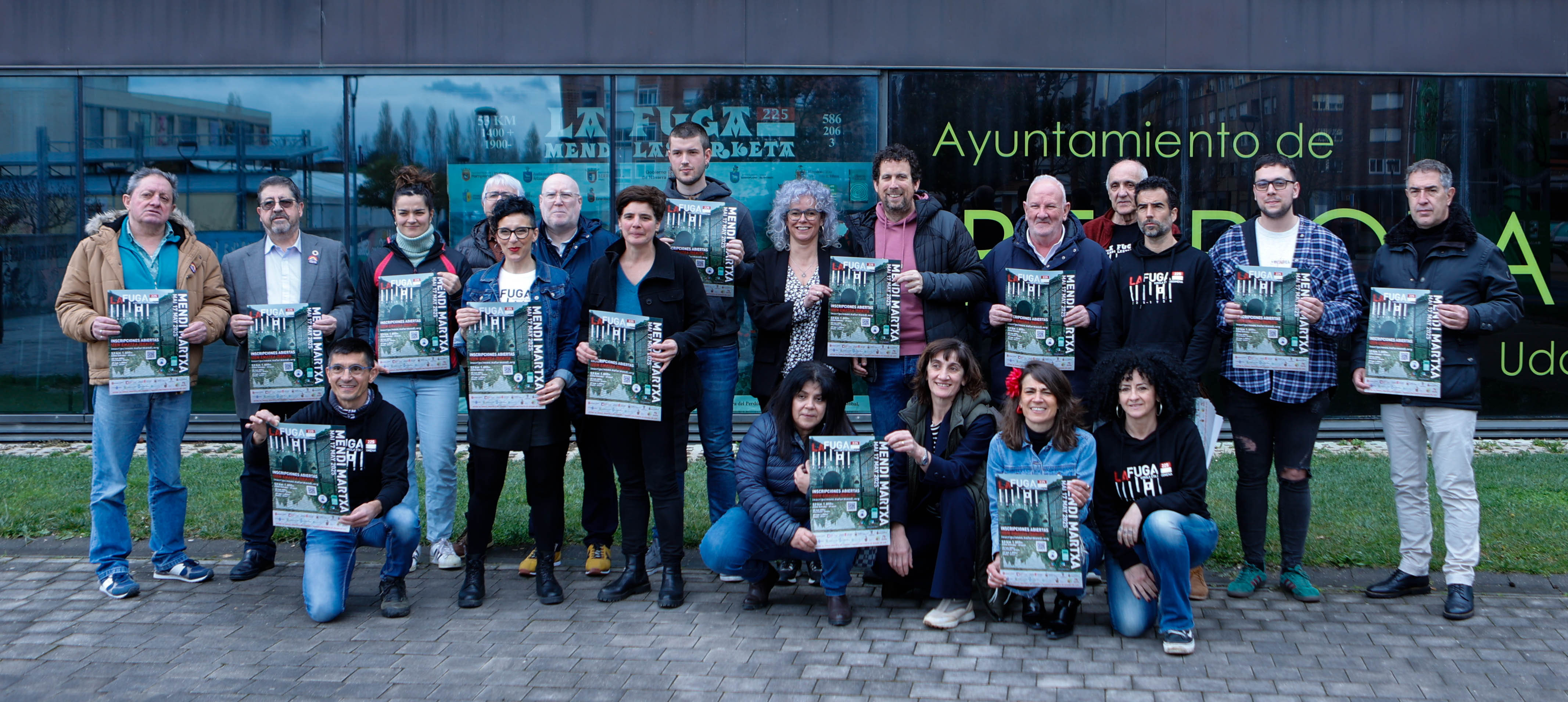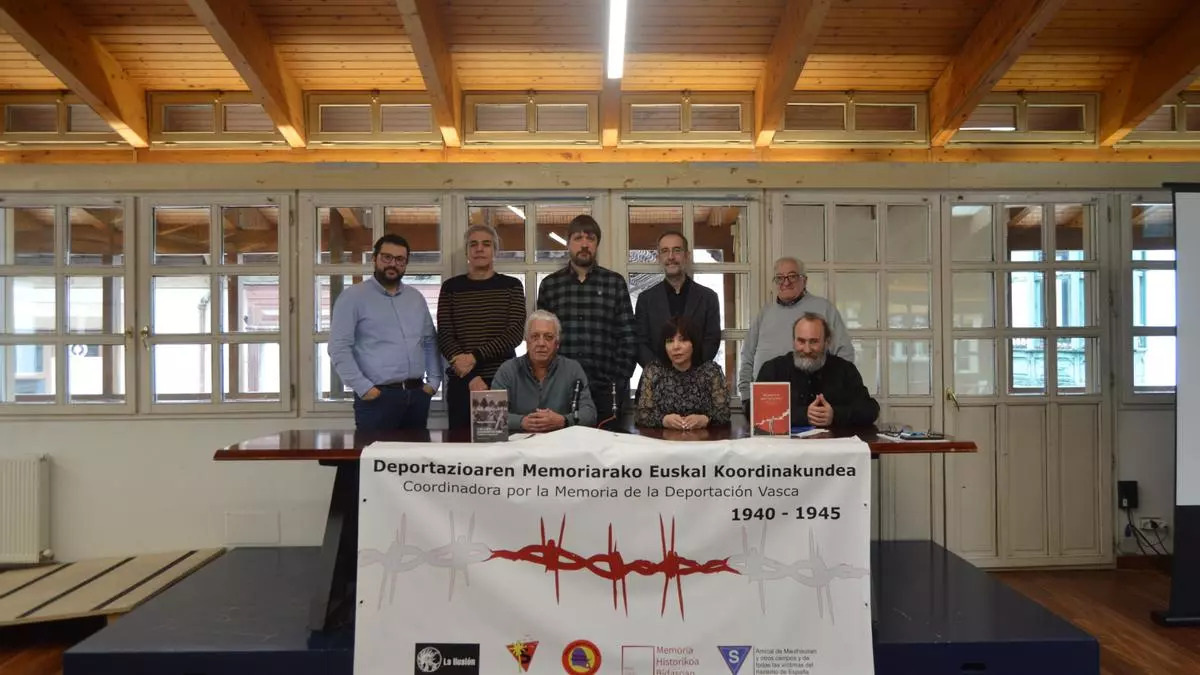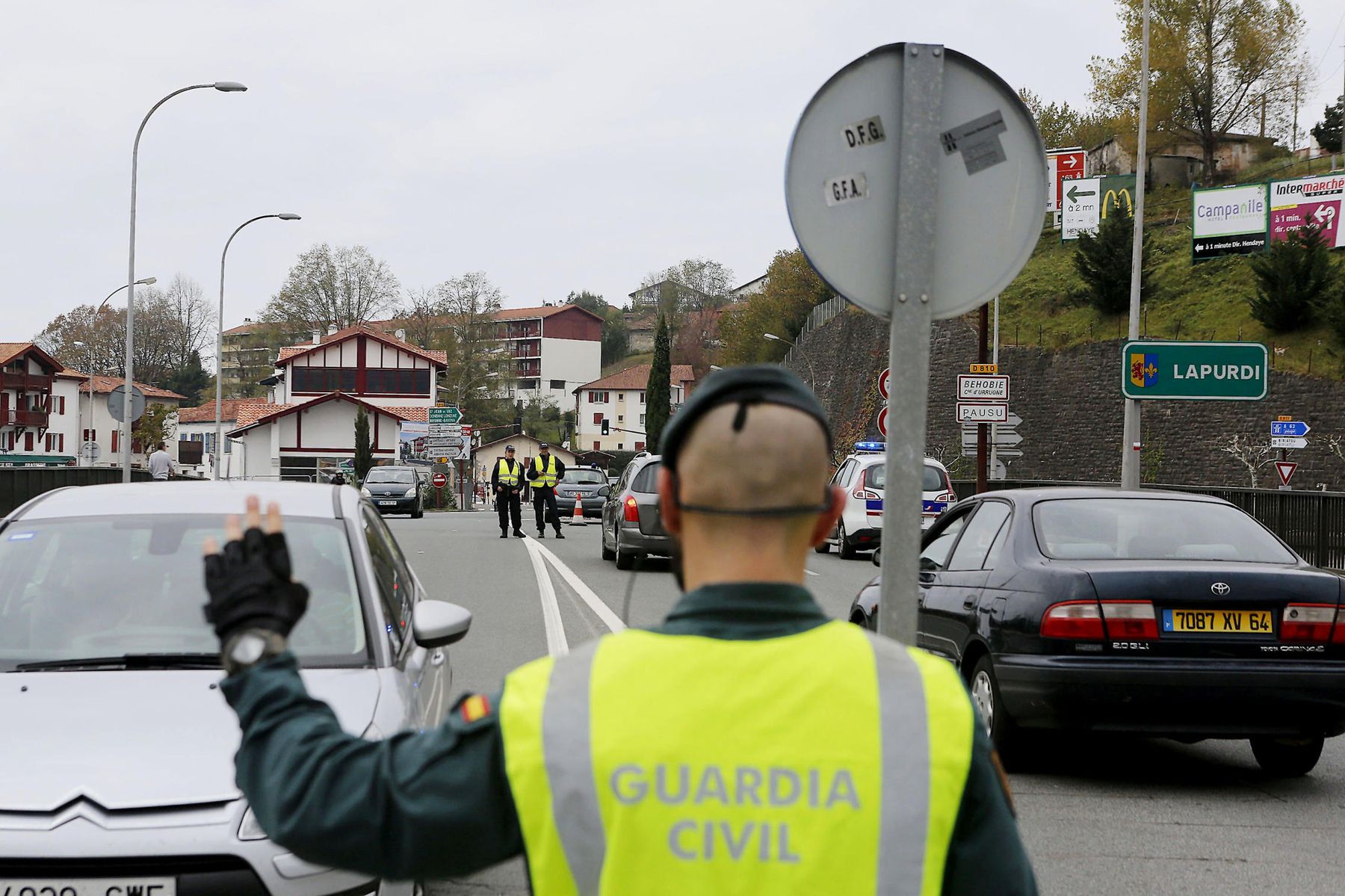“We are not your monkeys anymore”

The Centre Tricontinental has described the historical resistance of the Congolese in the dossier The Congolese Fight for Their Own Wealth (the Congolese people struggle for their wealth) (July 2024, No. 77). During the colonialism, the panic among the peasants by the Force Publique of Belgium was responded collectively by attacking the plantations and railway stations.
In 1915, led by spiritual leader María N’koi, they rose up to fight colonial taxes. The authorities arrested and exiled N’koi and the rebels had to take refuge in the mountain. In the Katanga mines, the colonizers feared that the recruited slave miners would become working-class conscious. To avoid this, they used genocidal violence based on the myth of African “barbarism”, but “the African working class continued to grow.”
The newly appointed Prime Minister, Patrice Lumumba (1925-1961), denounced in his first speech 80 years of oppression, before Belgian King Boudewijn, and said clearly: “We are not your monkeys anymore”
In 1940, Germany occupied Belgium and revolutionized the idea that the European metropolis was invincible. Until then, the Congolese called the Belgian state Bula Matadi (“The Breaking Stone”, nickname of Henry Morton Stanley). In 1941 they started a strike at the Kikole mine in Katanga: “If the blacks in Kenya and America have defeated the whites in Europe, why can’t we defeat them here?” they said. By the end of the Second World War, the discontent of the citizens was general. By the end of the 1950s, Belgium had completely lost control over its colony. On 30 June 1960, the British gained independence.
The newly appointed Prime Minister, Patrice Lumumba (1925-1961), denounced in his first speech 80 years of oppression, before Belgian King Boudewijn, and said clearly: “We are no longer your monkeys.” Lumumba's attitude in defense of social justice seemed not to like too much the Americans and Belgians with interests in the mines of the Congo, and the leftist leader was tortured and removed with the help of the CIA and the Belgian secret services.
The murders of Lumumba, the provisional secession of Katanga, the dictatorship of Mobutu Sese Seko... failed to put an end to the message. Today, Centre Tricontinental notes that the struggle for real sovereignty and dignity continues, even more so when “an innovative Pan-Afrikanism is transforming West Africa.” The dossier reminds Frantz Fanon (1925-1961), the Caribbean anti-colonialist revolutionary: “The fate of all of us is at stake in the Congo.”
Linear A is a Minoan script used 4,800-4,500 years ago. Recently, in the famous Knossos Palace in Crete, a special ivory object has been discovered, which was probably used as a ceremonial scepter. The object has two inscriptions; one on the handle is shorter and, like most of... [+]
Londres, 1944. Dorothy izeneko emakume bati argazkiak atera zizkioten Waterloo zubian soldatze lanak egiten ari zela. Dorothyri buruz izena beste daturik ez daukagu, baina duela hamar urte arte hori ere ez genekien. Argazki sorta 2015ean topatu zuen Christine Wall... [+]
Kirola eta oroimena uztartuko dituzte, bigarrenez, mendi-martxa baten bitartez. Ez da lehiakorra izanen, helburua beste bat delako. La Fuga izeneko mendi martxak 1938ko sarraskia gogorarazi nahi du. Ezkabako gotorlekuan hasi eta Urepelen amaituko da. Maiatzaren 17an eginen dute.
Bilbo, 1954. Hiriko Alfer eta Gaizkileen Auzitegia homosexualen aurka jazartzen hasi zen, erregimen frankistak izen bereko legea (Ley de Vagos y Maleantes, 1933) espresuki horretarako egokitu ondoren. Frankismoak homosexualen aurka egiten zuen lehenago ere, eta 1970ean legea... [+]
Fusilamenduak, elektrodoak eta poltsa, hobi komunak, kolpismoa, jazarpena, drogak, Galindo, umiliazioak, gerra zikina, Intxaurrondo, narkotrafikoa, estoldak, hizkuntza inposaketa, Altsasu, inpunitatea… Guardia Zibilaren lorratza iluna da Euskal Herrian, baita Espainiako... [+]
Deportazioaren Memoriarako Euskal Koordinakundeak aintzat hartu nahi ditu Hego Euskal Herrian jaio eta bizi ziren, eta 1940tik 1945era Bigarren Mundu Gerra zela eta deportazioa pairatu zuten herritarrak. Anton Gandarias Lekuona izango da haren lehendakaria, 1945ean naziek... [+]
Guardia Zibilaren historia bat - Hemendik alde egiteko arrazoiak izenburupean, datorren astean argitaratuko dugun 305. LARRUN aldizkariaren pasarte batzuk dira ondorengoak, erakunde armatuaren sorrera garaietan girotutakoak.
Iazko uztailean, ARGIAren 2.880. zenbakiko orrialdeotan genuen Bego Ariznabarreta Orbea. Bere aitaren gudaritzaz ari zen, eta 1936ko Gerra Zibilean lagun egindako Aking Chan, Xangai brigadista txinatarraz ere mintzatu zitzaigun. Oraindik orain, berriz, Gasteizen hartu ditu... [+]
Eskultura grekoerromatarrek bere garaian zuten itxurak ez du zerikusirik gaurkoarekin. Erabilitako materiala ez zuten bistan uzten. Orain badakigu kolore biziz margotzen zituztela eta jantziak eta apaingarriak ere eransten zizkietela. Bada, Cecilie Brøns Harvard... [+]
Aranzadi Zientzia Elkarteko Etnografia Sailaren zuzendari berria da Maite Errarte Zurutuza (Beasain, 1995), urrian Fermin Leizaolaren lekukoa hartu ondoren. Kultura materiala aztertzen jarraitzeko beharra azpimarratu du, gizartearen memoria eta bizimodu aldaketak erregistratzeko... [+]
Japonia, XV. mendea. Espioitzan eta hilketa ezkutuetan espezializatutako eliteko talde militarra sortu zen. Edo horixe uste du behintzat Stephen Turnbull historialari britainiarrak. Beste aditu batzuen ustez, askoz lehenago sortu ziren ninjak, duela 2.300-2.500 urte inguru. Eta... [+]









